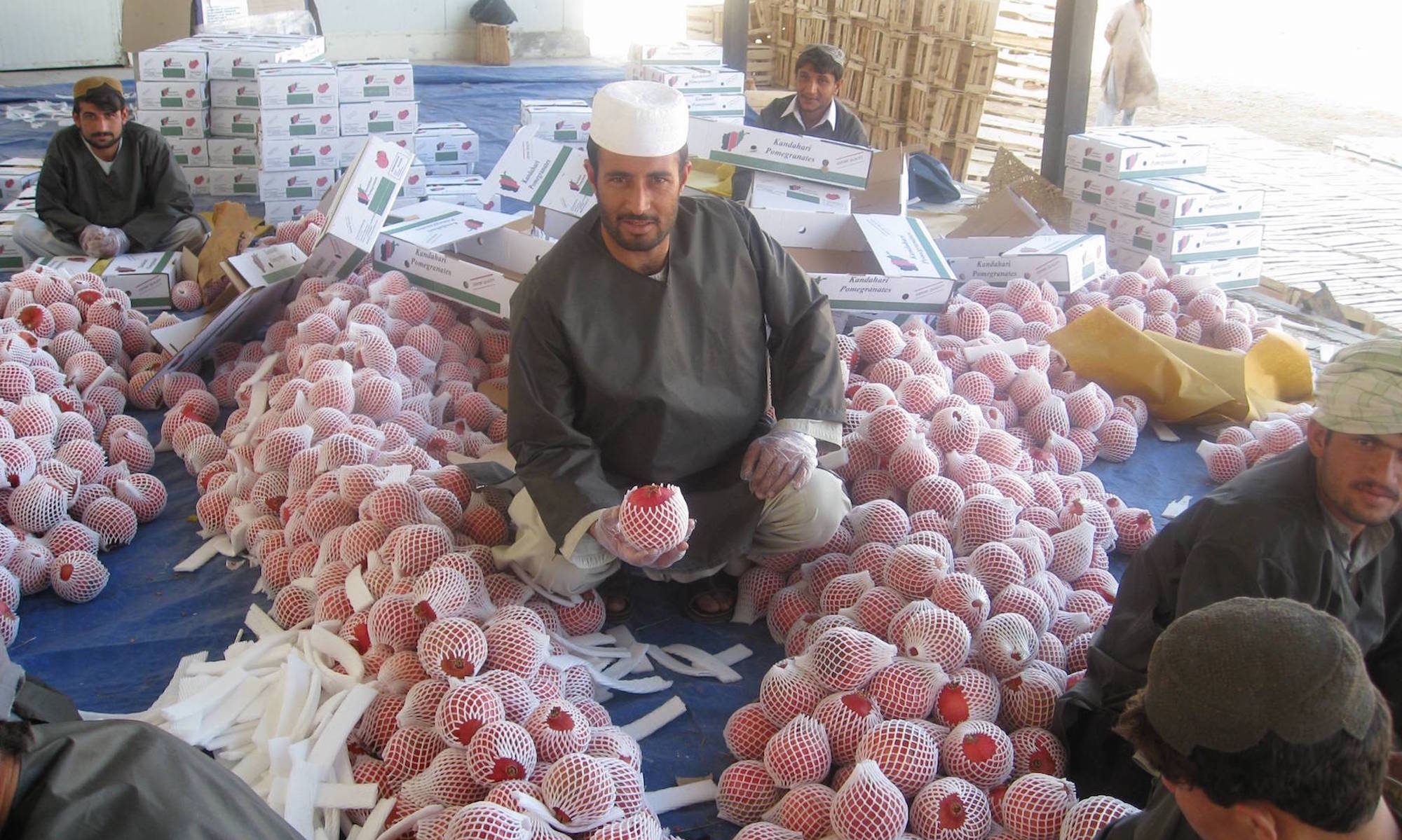The brutal murder of 17 national staff members of Action Contre le Faim (ACF) in Sri Lanka in August 2006 and ambushes, kidnappings, and murders of aid workers elsewhere have captured headlines. This article reviews the prevailing explanations, assumptions, and research on why humanitarian actors experience security threats. The scholarly literature on humanitarian action is fecund and abundant, yet no comparative review of the research on humanitarian security and scholarly sources on humanitarian action exists to date. The central argument here is twofold. First, an epistemic gap exists between one stream that focuses primarily on documenting violence against aid workers “a proximate cause approach” while a second literature proposes explanations, or deep causes, often without corresponding empirical evidence. Moreover, the deep cause literature emphasizes external, changing global conditions to the neglect of other possible micro and internal explanations. Both of these have negative implications for our understanding of and therefore strategies to address security threats against aid workers.

INSCT Postconflict Research Database
The Institute for National Security and Counterterrorism's Postconflict Research Database & Analysis Project stores cross-indexed bibliographic information on hundreds of journal articles, books, book chapters, and case reports that address the broad, interdisciplinary fields of postconflict reconstruction, stabilization, and peacebuilding.